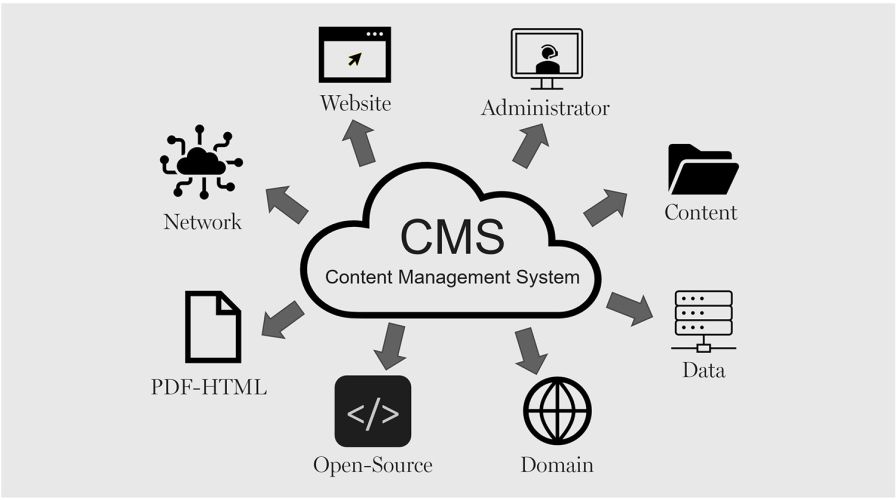Introduction
In today’s competitive business landscape, building strong customer relationship management rate is paramount. Customer relationship management (CRM) platforms are powerful tools that can help businesses of all sizes achieve this goal. This article explores key CRM statistics for 2024, addressing:
- Definition of CRM
- CRM Adoption Rates
- Benefits of Using a CRM
- CRM Features Businesses Look For
- Problems CRMs Help Solve
- CRM Benefits Across Different Business Categories
Definition of Customer Relationship Management
CRM stands for Customer Relationship Management. It is a technology for managing all your company’s relationships and interactions with customers and potential customers. The goal of CRM is to improve business relationships, grow your business, and streamline processes across marketing, sales, digital commerce, and customer service.
Here are some key aspects of CRM:
- Centralized Information: A CRM system gives everyone in your company easy access to customer data, such as contact information, purchase history, and previous interactions with customer service representatives.
- Improved Customer Service: CRM systems store customer interactions, including complaints, so customers do not have to constantly repeat themselves.
- Sales and Marketing Optimization: CRM systems help businesses optimize their sales and marketing efforts, making it easier to track the success of various projects or campaigns, identify trends, and create visually intuitive data dashboards.
- Increased Profitability: By providing visibility and easy access to data, CRM systems make it easier to collaborate and increase productivity, which can lead to increased profitability.
- Customer Retention: By enhancing the customer’s overall experience, CRM serves to increase customer retention.
Customer Relationship Management Rate
- CRM Market Growth: Customer Relationship Management is the fastest-growing software in digital marketing, highlighting its increasing importance.
- Sales Priority: 13% of companies prioritize investment in a CRM platform, indicating its significance for sales success.
- Revenue Impact: 92% of businesses credit Customer Relationship Management software with achieving revenue goals, emphasizing its role in driving sales.
- Sales Success Correlation: Effective sales organizations are 81% more likely to use a CRM consistently, suggesting a link between CRM use and sales performance.
- Early Adoption: 65% of companies implement a CRM within their first five years, signifying the early integration of CRMs into business operations.
Benefits of Using a Customer Relationship Management Rate
- Improved Data Access: 74% of businesses report better customer data access with CRM software, a core function of CRMs that facilitates customer understanding.
- Enhanced Retention: Nearly half (47%) of businesses credit CRMs with significant customer retention, achieved through better customer understanding and targeted communication.
- Increased Reporting Accuracy: Businesses see a 42% rise in report accuracy with CRMs, enabling them to make data-driven decisions based on reliable customer insights.
- Improved Sales Forecasting: CRM technology can boost sales forecasting accuracy by 42%, allowing for better budgeting and resource allocation.
- Skyrocketed Conversion Rates: CRMs can increase conversion rates by up to 300%, a testament to their effectiveness in nurturing leads and driving sales.
- Revenue Growth Potential: Businesses using CRM platforms experience a potential revenue increase of 245%, highlighting the return on investment (ROI) associated with CRMs.
- Reduced Lead Costs: CRMs can decrease lead acquisition costs by 23% through targeted marketing and efficient lead nurturing.
- Positive ROI: The average CRM ROI is $8.71 for every $1 spent, indicating a significant financial benefit for businesses that adopt CRMs.
CRM Features Businesses Look For;
- Contact Management: 94% of users prioritize contact management features, which are crucial for tracking leads and customers throughout the sales funnel.
- Interaction Tracking: 88% of users value interaction tracking features that provide a detailed record of customer interactions, enabling personalized marketing efforts.
- Sales Reporting and Automation: 82% of organizations leverage CRMs for sales reporting and process automation, streamlining workflows and generating valuable sales insights.
- Cloud-Based Solutions: 87% of businesses opt for cloud-based CRMs for data security and accessibility benefits.
Problems CRMs Help Solve
- Closing Deals: 30% of businesses identify closing deals as their biggest sales challenge. CRMs address this by facilitating a deeper understanding of customer needs, leading to more effective sales strategies.
- Customer Experience: 73% of customers prioritize positive experiences when making purchasing decisions. CRMs empower businesses to personalize interactions and address customer needs effectively.
- Manual Data Entry: 32% of sales reps spend over an hour daily on manual data entry. CRMs automate data entry tasks, freeing up valuable sales time for core sales activities.
CRM Benefits Across Different Business Categories
While the statistics above provide a general overview, CRMs offer specific advantages tailored to various business sectors:
- Sales & Marketing: CRMs streamline lead management, automate marketing tasks, and personalize customer interactions, leading to improved sales performance and marketing ROI.
- Ecommerce: CRMs integrate with online stores, providing customer purchase history, behavior data, and product preferences, enabling targeted promotions and personalized recommendations.
- Customer Service: CRMs provide a centralized platform for tracking customer inquiries, managing support tickets, and facilitating efficient issue resolution, enhancing customer satisfaction.
- Real Estate: CRMs streamline lead nurturing for realtors, manage property listings effectively, and track communication with potential buyers, leading to increased sales conversions.
- Healthcare: CRMs in healthcare help manage patient interactions, track medical histories, and schedule appointments, improving patient care coordination and overall healthcare experience.
- Non-Profits: CRMs empower non-profits to manage donor relationships, track fundraising campaigns, and measure the impact of their initiatives, leading to increased donor engagement and fundraising success.
- Finance & Insurance: CRMs in finance and insurance streamline client onboarding, manage client portfolios, and automate tasks, enhancing customer service and advisor productivity.
Conclusion
CRM statistics paint a clear picture: CRMs are a game-changer for businesses of all sizes and across various industries. By fostering stronger customer relationships, streamlining workflows, and generating valuable data insights, CRMs empower businesses to achieve significant growth and success.
Whether you’re a startup or an established enterprise, implementing a CRM can be a strategic investment that pays off in the long run. Consider your specific business needs and choose a CRM solution that offers the features and functionalities that align best with your goals. By leveraging the power of CRMs, you can gain a competitive edge, build lasting customer relationships, and drive sustainable business growth.





